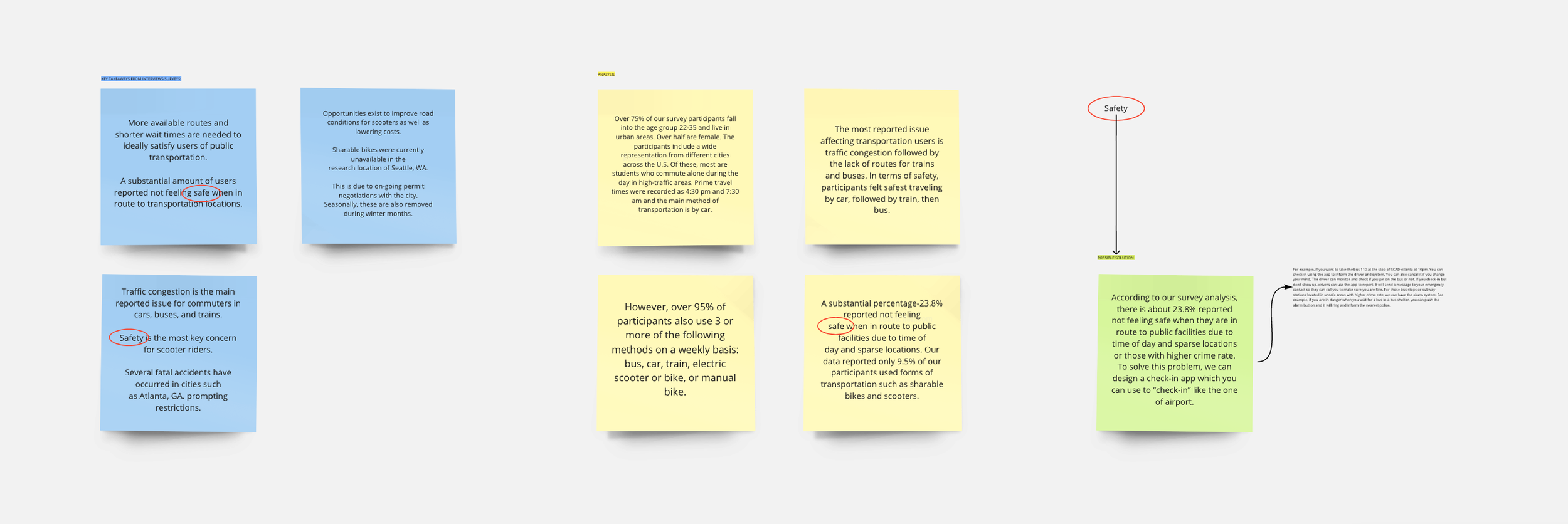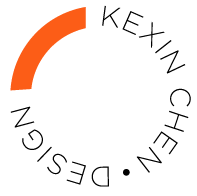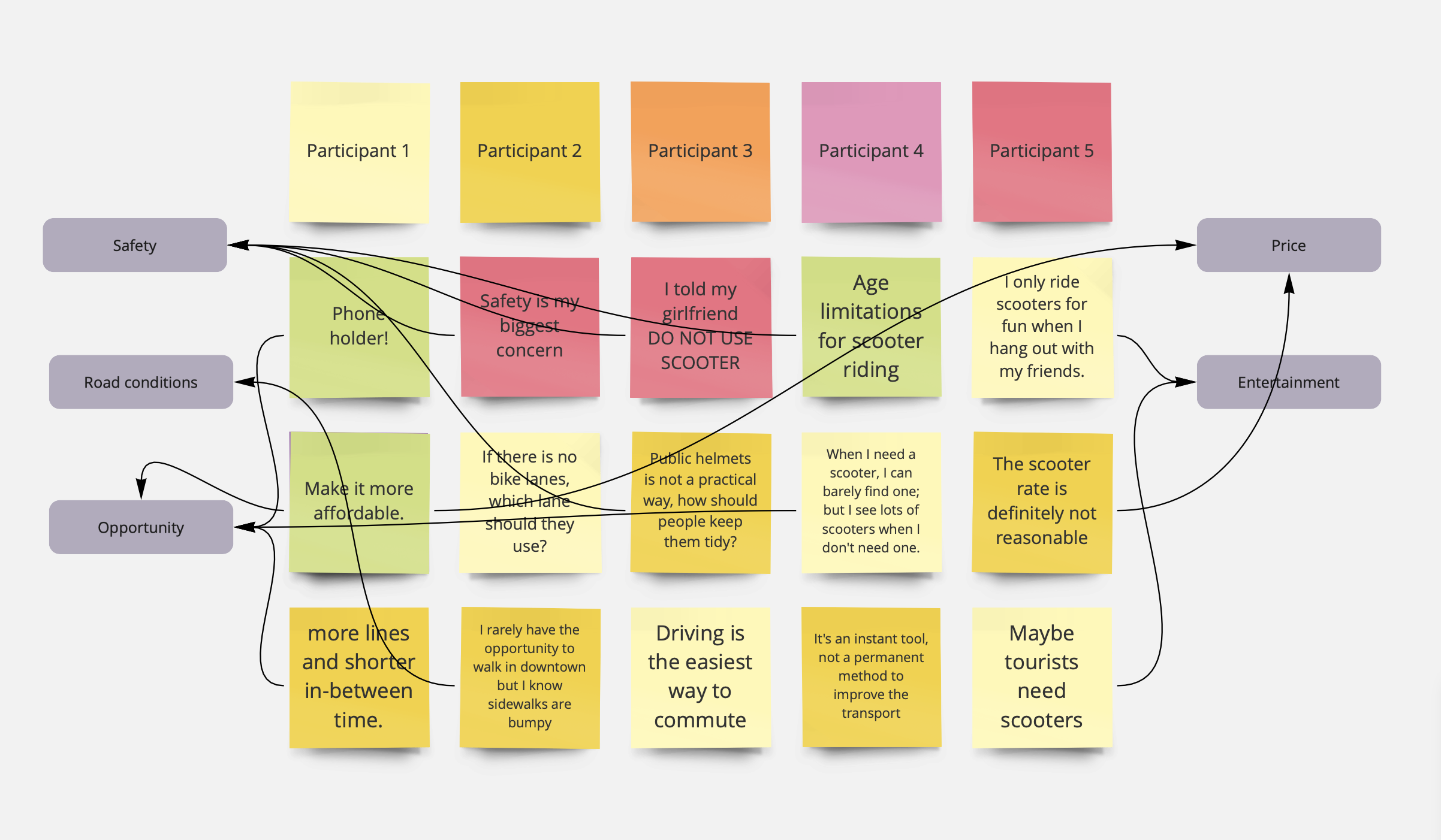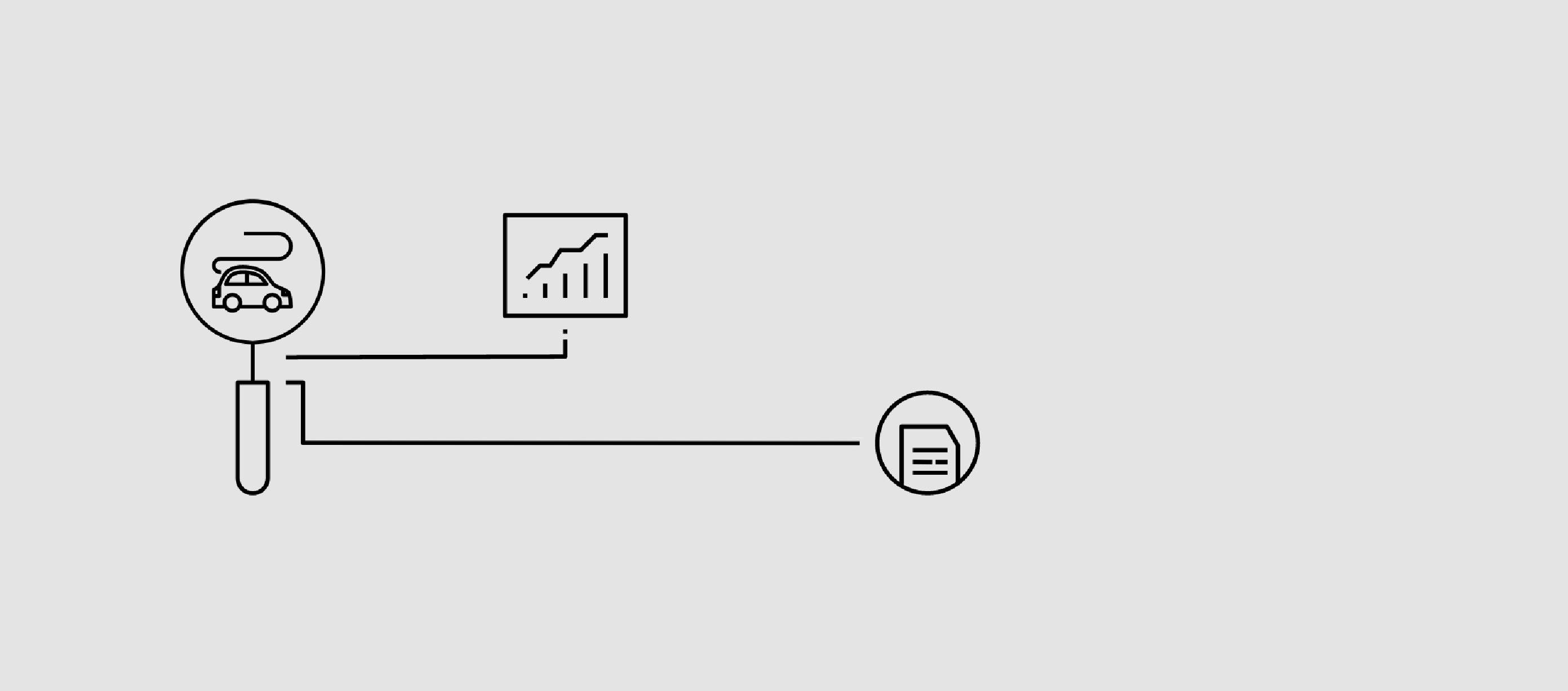
How a city meets the public transportation needs of its residents
Contextual research, 20191. Project Overview
Through this project, I looked into the transportation systems in urban cities experiencing population growth to uncover whether they have effective systems or whether they need new innovative systems. The research analyzed whether these cities have an effective plan or a plan that could be revised with innovative strategies. The research also details specific positive or negative impacts the transportation systems have in these cities, from communicating to residents and local department of transportation leaders to reading about transportation history.
This project is a team effort.
1.1 Problem Statement
While experiencing population growth, urban cities struggle with meeting the transportation needs of its citizens. Many current transportation methods are not evolving with the needs of its residents, therefore creating opportunities for effective and innovative options in transportation systems.
1.2 Opportunity Statement
There is an opportunity through contextual research to determine how growing cities can effectively meet the transportation needs of its residents.
1.3 Umbrella Questions
How might we use contextual research to understand how growing cities meet the public transportation needs of its residents?
1.1 How might we describe transportation system and commuter issues?
1.2 How might we describe the experience for the people who commute with public transportation daily?
1.3 How might we describe current road systems for public transportation?
1.4 What services does a city’s Department of Transportation provide?
2.1 How might we describe the relationship between public transportation and local traffic conditions?
2.2 How might we describe the relationship between public transportation and local pedestrians or bike riders?
2.3 How might we describe the relationship between sharable scooters and other public Transportation?
3.1 How might we optimize the operating hours of public transportation?
3.2 How do we capture the demand for public transportation?
4.1 How might we describe the process of running a successful public transportation in other cities?
4.2 What are examples of successful transportation methods that meet the needs of a city ’s residents? Are these traditional or innovative?
4.3 What are the examples of innovative transportation systems that growing cities may want to consider offering its residents?
2. Research Matrix
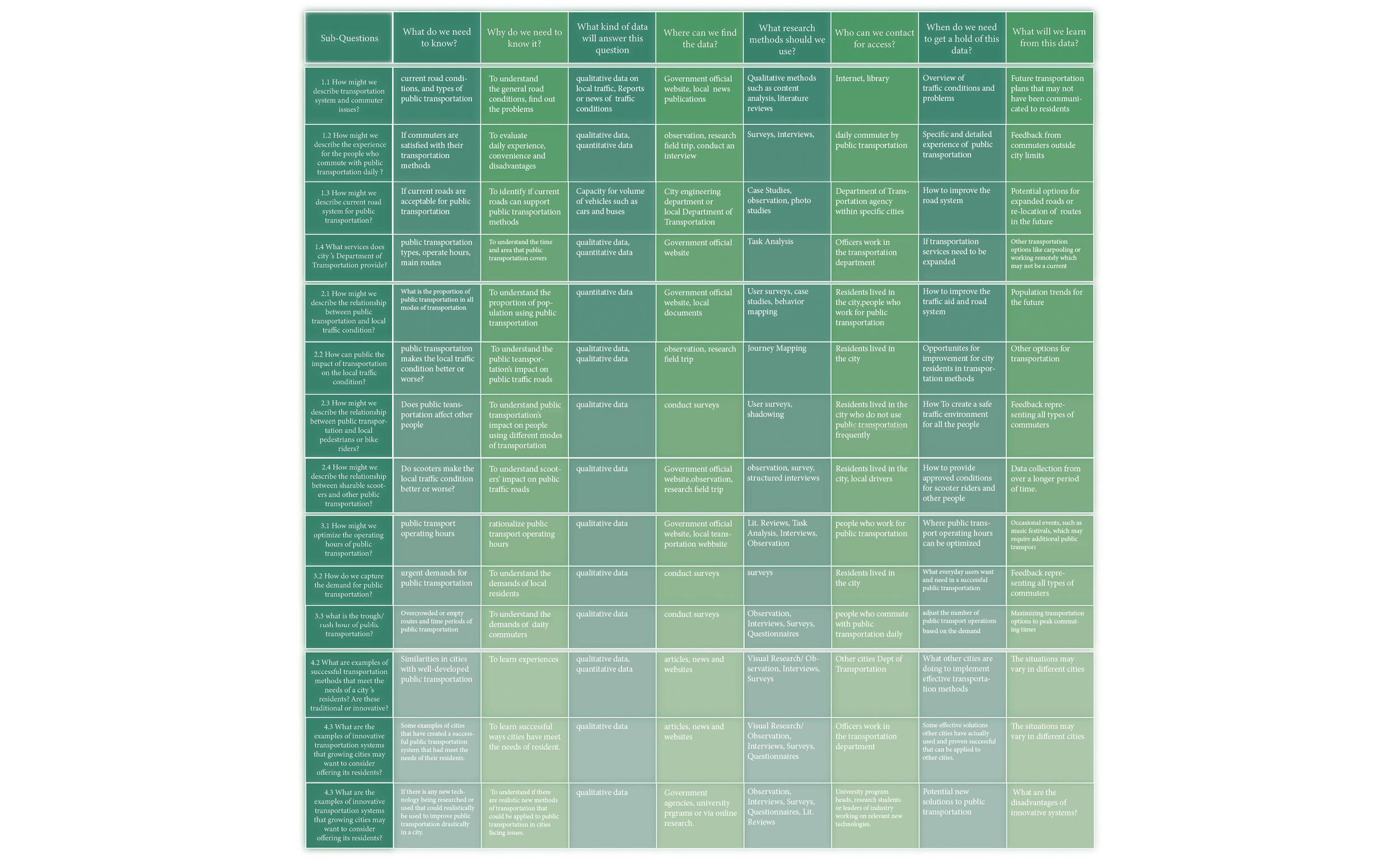
3. Secondary Research Summary
![]()
4.1 Research Protocol
This research includes ethnographic, secondary, and primary research methods regarding public transportation. Ethnography helps us gain a deeper understanding of people and cultures, in which the researchers observe the social activities from the viewpoint of the subject. Secondary research consists of the review and synthesis of current research and primary research. It also includes ethnography, subject interviews in this study. Therefore, this combination of methodologies helps to analyze the problem statement and answer the umbrella questions.
4.2 Research Methods
Ethnography: fly on the wall, observations, behavior mapping, shadowing, and participant observation
Secondary: online research collection and analysis, literature reviews
Primary:in-person interviews and surveys
5. List of site visits, Participants, Influencers, and Stakeholders
Site Visits
Local subway stations
Train stations
College campus
City parks
Stadiums
Locations where large events or music festivals can be held
Town Hall
Department of transportation
Beltline
Marta Offices
Participants
Bus riders
Dirvers
Scooter-riders
Local residents
Daily Commuters with public transportation
Vehicle owners
Influencers / Stakeholders
Local governmental officials in leadership of transportation (current/retired)
Commuters
Department of transportation
Beltline representative
Marta representative
6. Preliminary Field Research
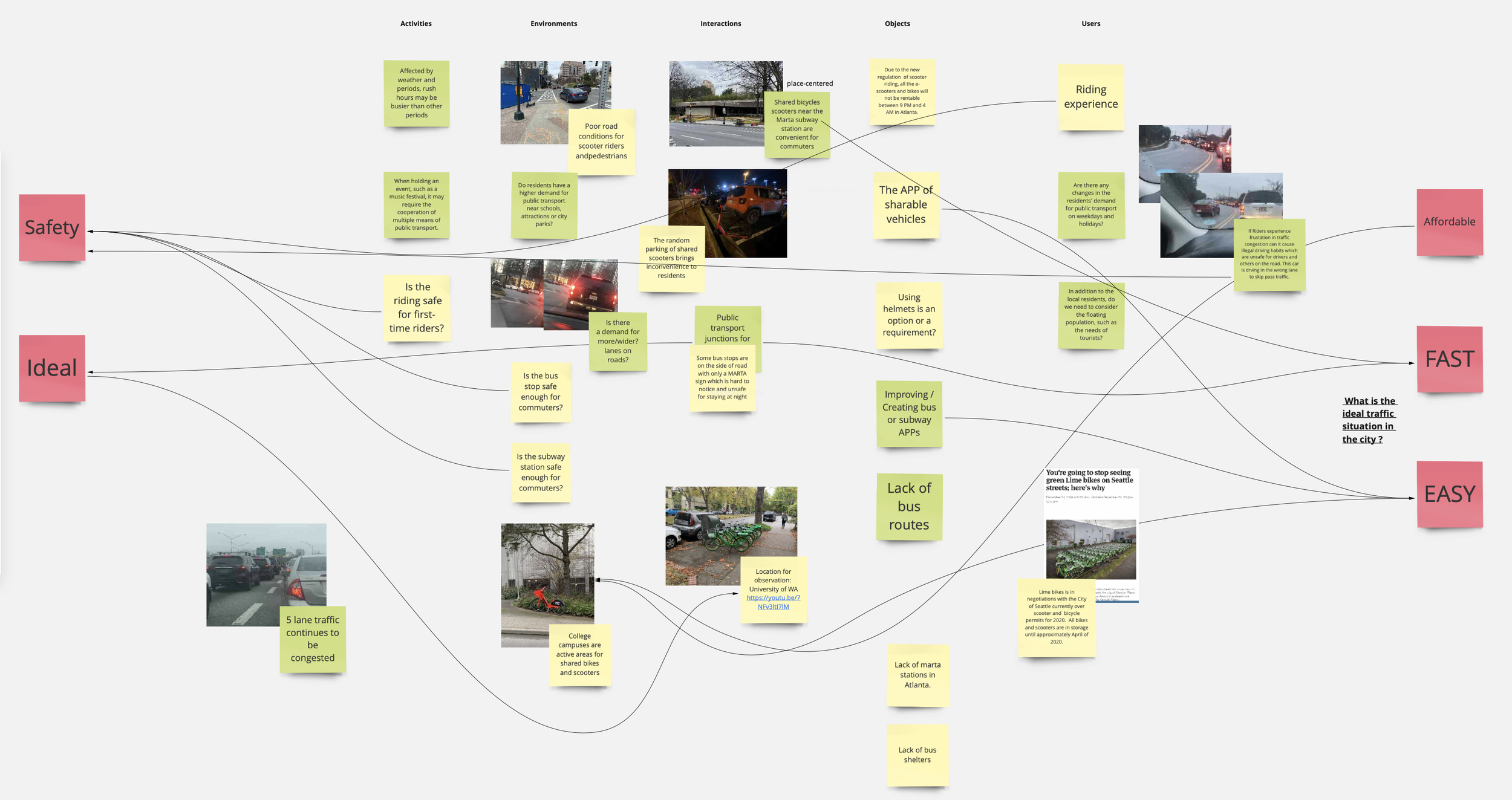
Second Iteration Board

7.1 Discussion Guide
![]()
7.2 Questionnaires & Result
![]()
![]()
![]()
![]()
![]()
7.3 Interviews
![]()
7.4 Data Analysis
General Public Transportation
![]()
Atlanta Scooter
![]()
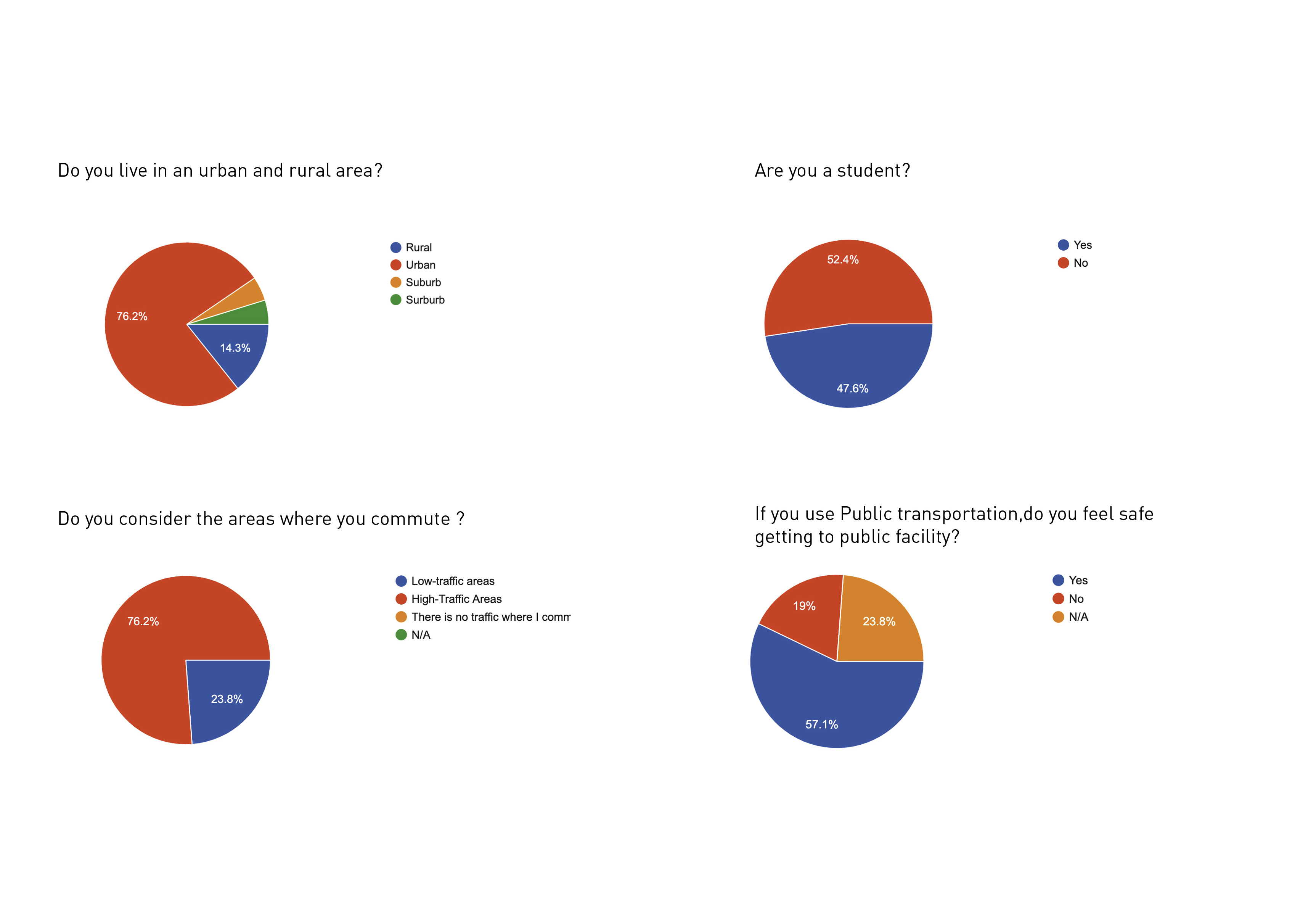
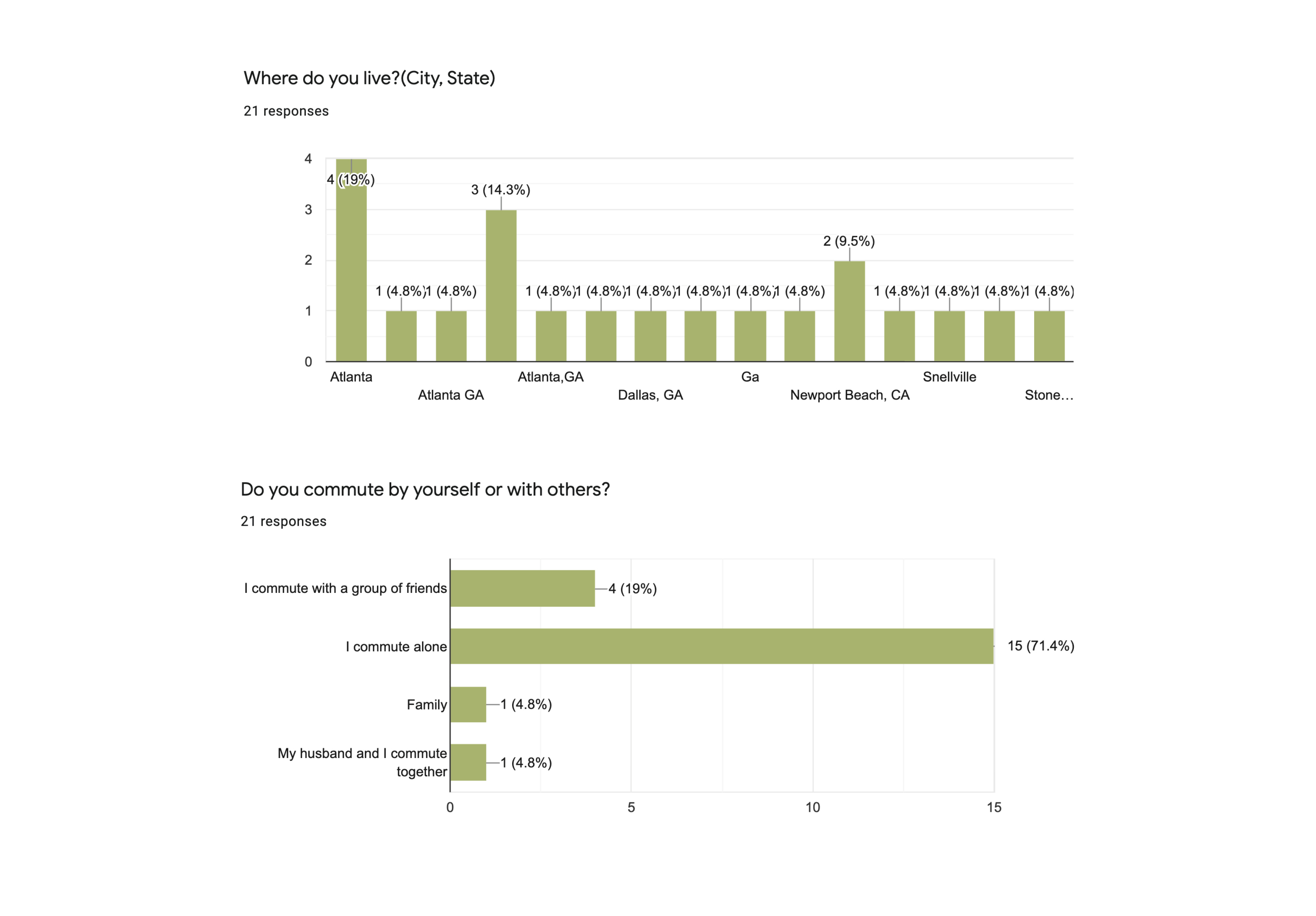
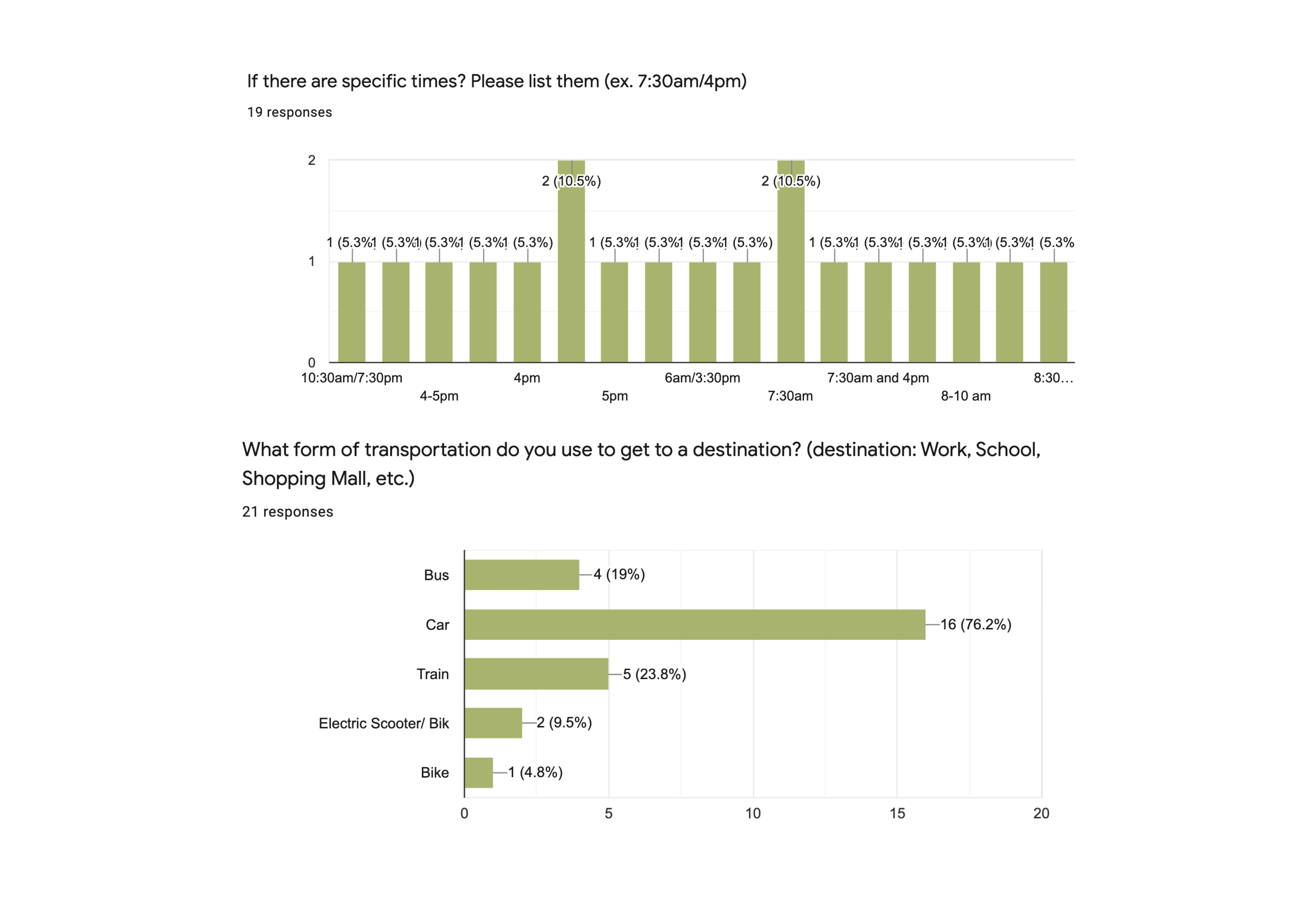


8.1 Affinity Diagram
![]()
8.2 Persona
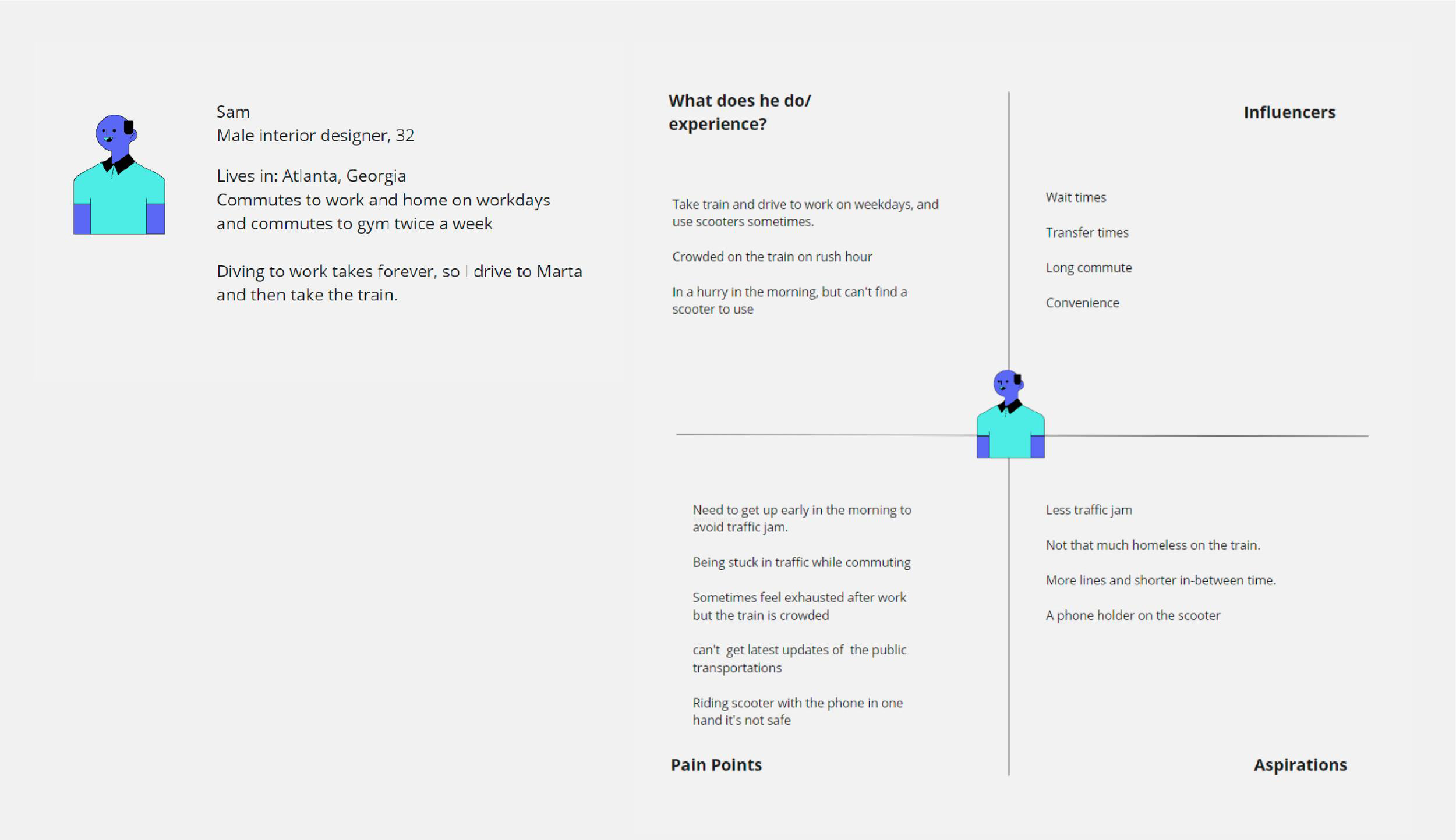
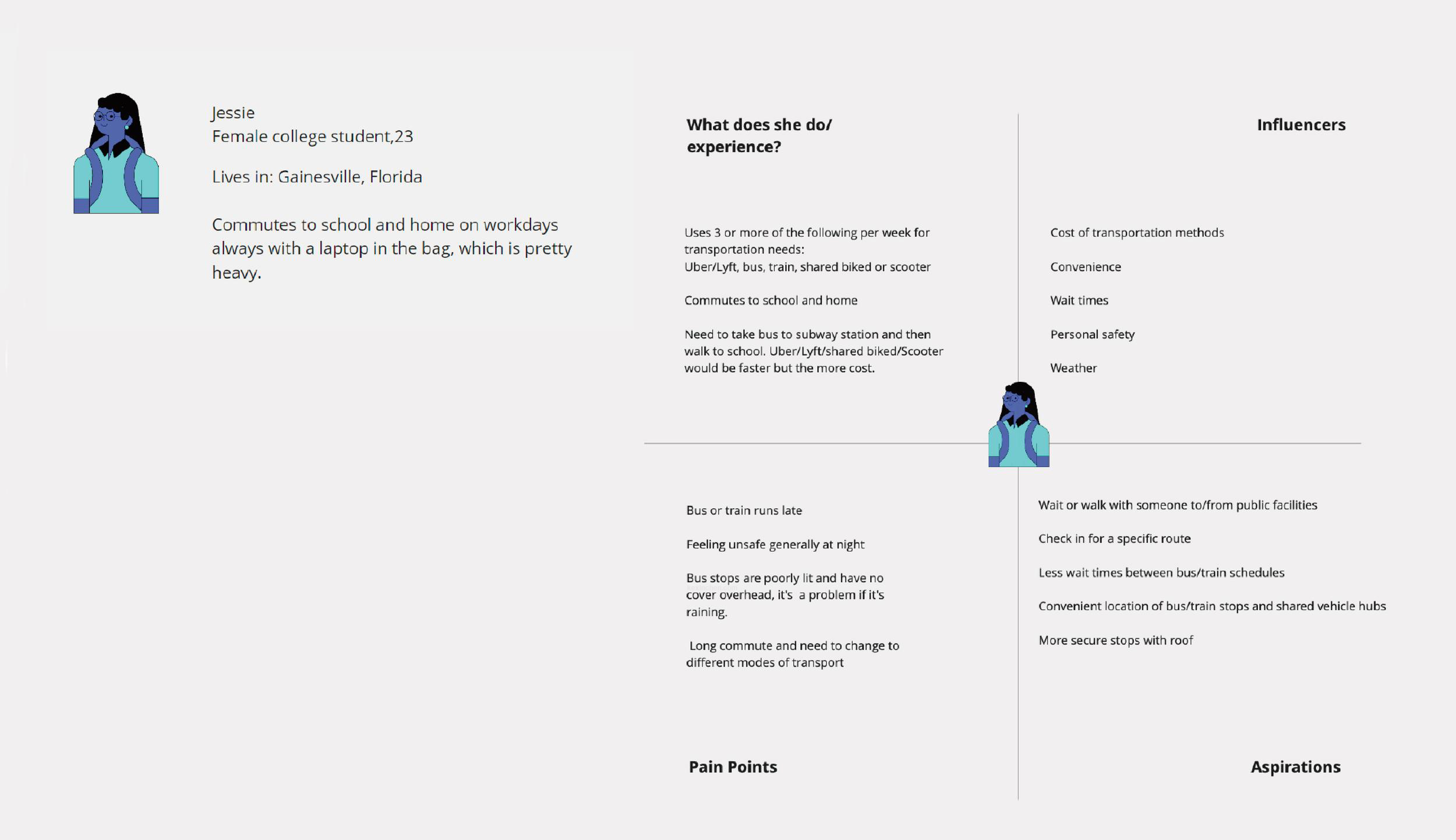
9. Takeaways
